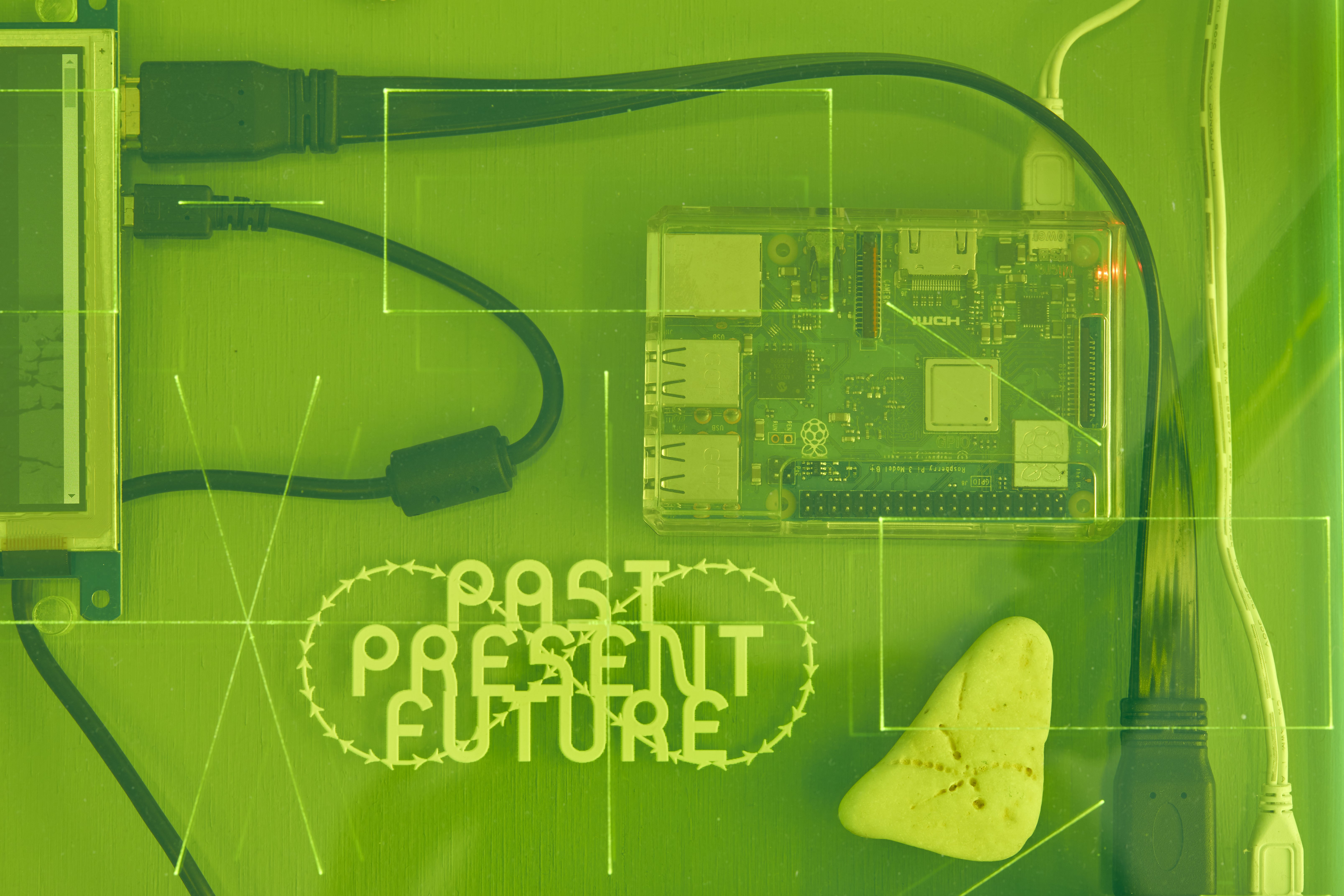It seems like today is a time of anxiety and perpetual crisis, marked by constructs of division and fragmentation. From the profiteering versus suffering associated with COVID-19 to the false choices offered between neoliberalism and neofascism, we live in a time where it has become easy to assume that conflict, opposition and apathy if not ill will are here to stay. A huge aspect of the dawn of such thinking can be tied to digital technologies of fragmentation, ones that monetize and support the most disconnected yet powerful individuals on our planet while leaving the rest of us to live in bubbles of hysteria, facilitated by dopamine-inducing algorithms that choose the sensational and outrageous. These borders don’t just lie with social media, which has come to take over our news, telephone and media networks, but also in AI systems and invasive biometric technologies that fragment us based on traumas of the past, inducing racist, sexist, classist, and geographic forms of division. Yet is such the inherent destiny of technology, let alone our people and planet? It need not be, I argue, through examples I provide from around the world along with philosophical and conceptual tools that re-imagine systems of all kinds. This opens up a renewed understanding of what technology is itself. This talk paves the way for new sociotechnical utopias that ask us to question what it is to be human, and whether we can truly develop relationships with one another (humans and non-humans) based on mutuality and the underlying spirit and belief that we are all in this together. Far from starting and ending in the domain of speculative theory, I will share numerous examples that point a path forward toward interbeing and interconnection; one that celebrates rather than eradicates or obfuscates different ways of knowing, being, and believing.
The lecture was part of the public program of the 2nd Biennale Warszawa Seeing Stones and Spaces Beyond the Valley, which took place from June 3 to July 17, 2022.
Ramesh Srinivasan is a professor at UCLA in the Information Studies and Design/Media Arts departments since 2005 and author of three books: Whose Global Village? Rethinking How Technology Impacts Our World (2019 – NYU Press), After the Internet with Adam Fish and Beyond the valley which was named a top ten 2019 book in Tech by Forbes. He is the founder of the UC-wide Digital Cultures Lab which offers a unique, people-focused analysis of new technologies working across every continent and dozens of countries across the world. Ramesh holds degrees from Stanford (BSc in Engineering), the MIT Media Laboratory (MSc), and Harvard (PhD). He has informally advised or supported initiatives related to Bernie Sanders’ Campaign (2020), Biden/Harris Innovation Policy Committee (2020), and numerous other prominent public figures. Ramesh writes regularly for the Guardian, Al Jazeera English, the Washington Post, the LA Times and dozens of other newspapers and magazines. He appears frequently on NPR, The Young Turks, Democracy Now!, MSNBC, BBC, CNN and other major media networks speaking about the intersection of technology, innovation, politics, business, and society.

